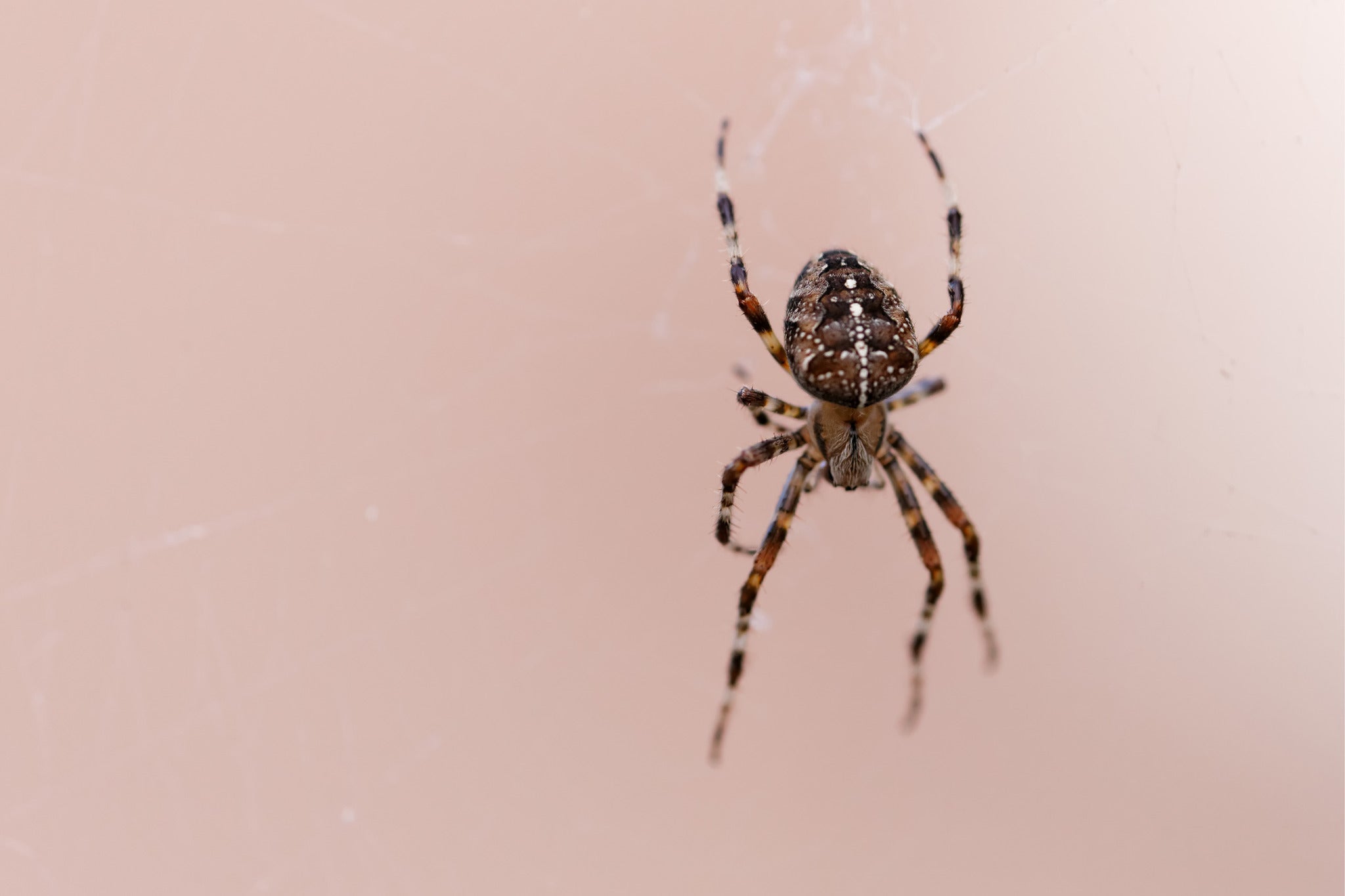Ten ways to ward off spiders this autumn
The mild weather means this season is set to be a bad one for arachnophobes. Keep the creepy crawlies at bay with the following techniques.

Autumn is approaching, and along with delicately blushing leaves and cooler, crisp air comes the inevitable invasion of spiders in British homes.
The number of spiders usually increases in the autumn, and the males sometimes venture in to homes in search of a mate. You might find one in your bath tub. Or on your pillow.
But this season is set to be particularly bad for arachnophobes, with the mild weather meaning thriving spiders.
“This year has been seemingly a good one for the invertebrates which spiders feed on, and it’s quite mild out there,” said Professor Adam Hart, from the University of Gloucestershire, who has created an app to help us identify and understand common house spiders.
But if you’re one of the more squeamish among us and are quite frankly not bothered about learning about the creepy crawlies, here are some tips, ranging from the blind obvious to the bizarre, which may help keep them at bay.
Keep your home clean. Spiders will have fewer places to hide if you keep clutter to a minimum. Bits of food might attract other pests, which in turn will attract spiders, so wipe down your surfaces and vacuum regularly. Vacuum spiders and their webs and egg sacs.
Seal your home. Patch up any cracks, holes and gaps in doors and windows to prevent spiders from slipping inside. Fix torn window screens and cover your vents with a fine mesh. Spiders are usually found in kitchens, bathrooms and basements where it’s moist.
Remove plants and debris from the side of your house. Spiders love to hide in vegetation and under rocks, wood piles, in compost, etc. but when it gets cooler they might well try to move inside.
Keep your outdoors lights off. Spiders aren’t attracted to the light, but many of the insects they feast on are. Dark coloured siding is less attractive to the bugs which spiders feast on than white siding.
Spray corners and cracks with pesticide.
Spray your house down with peppermint, tea-tree, citrus or eucalyptus oil. Spiders supposedly hate the smell. Failing that, select the more aggressive approach of spritzing the offending spider with vinegar.
You know that leftover diatomaceous earth you had lying around? Scatter a fine layer of it around cracks and corners. The powder, made from fossils, supposedly cuts a spider up when it walks across it, which ultimately kills it.
Deter spiders with conkers by placing them on window sills and in corners of the room. Walnuts are thought to have a similar effect. There is actually no scientific evidence to back this up, so you may want to consider it as a last resort.
This guy built a ‘spider rifle’.
If all else fails, call a professional exterminator.
Join our commenting forum
Join thought-provoking conversations, follow other Independent readers and see their replies
Comments
Bookmark popover
Removed from bookmarks